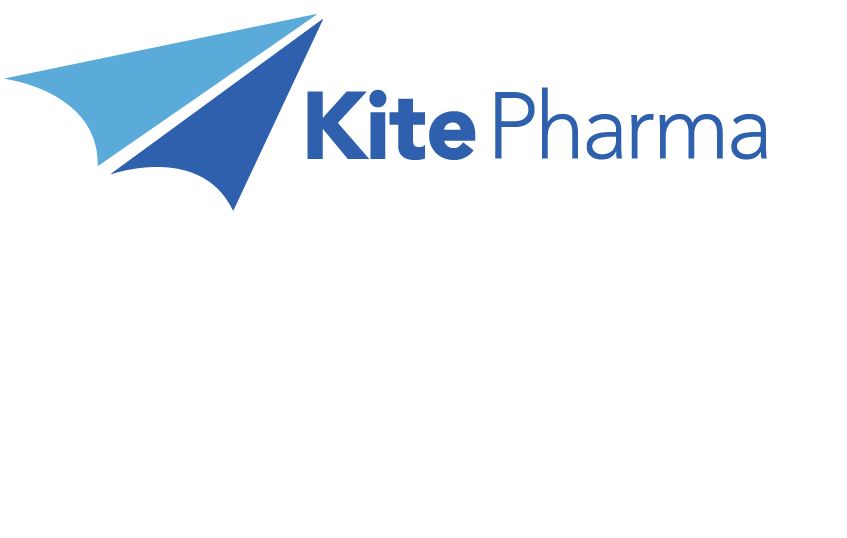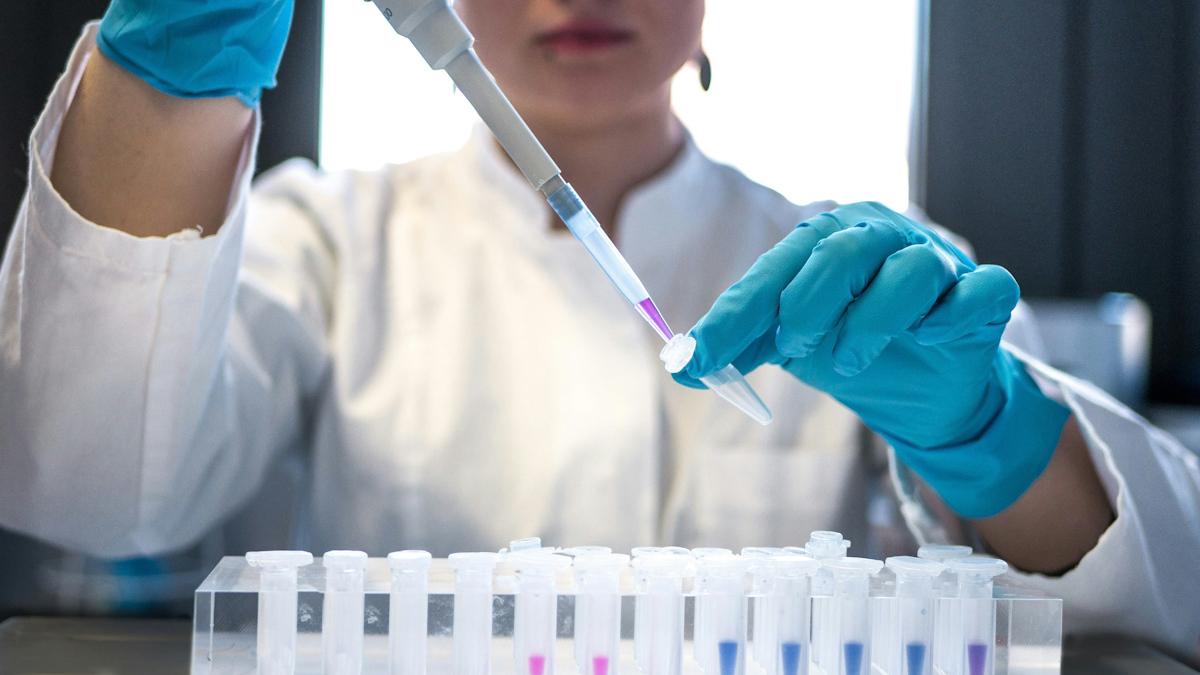Kite shares sink after death in CAR-T trial

Kite Pharma’s share price has dived after it emerged that a patient has died from cerebral oedema while being treated with its CAR-T therapy, KTE-C19.
Investors were spooked by the news, fearing a repeat of events at Kite’s rival, Juno, which abandoned development of a rival therapy after near-identical safety events.
Kite filed its chimeric antigen receptor T-cell (CAR-T) KTE-C19 – also called axicabtagene ciloleucel – with the FDA at the end of March for advanced non-Hodgkin lymphoma.
Cerebral oedema was also the side-effect which killed five patients in Juno's trial of its rival JCAR015, which prompted the biotech to axe the therapy.
Kite has tried to mitigate the news, but this safety worry could put the drug's approval in jeopardy, or mean it faces tight restrictions once approved.
It also gives its closest rival Novartis a major advantage. Novartis has filed its CAR-T therapy CTL019 with the FDA in an aggressive form of child acute lymphoblastic leukaemia, and is otherwise neck-and-neck with Kite.
But there have been no deaths through cerebral oedema associated with CTL019, a factor which could prove highly significant.
Kite’s chief medical officer, David Chang, told first quarter results conference call that the company learned of the event in a “very sick” patient in late April.
Chang said: “This patient has shown inadequate responses to both first and second line therapies. And those involved in the care felt that CAR-T therapy was the best and only remaining option. The treatment course was complicated by CRS (cytokine release syndrome) and neurologic event, and despite best attempts, the patient developed multi-organ failure and then fatal cerebral oedema.”

Kite Pharma's David Chang
Kite has notified the FDA of the event and has amended trial consent forms to include the potential risk of fatal cerebral oedema.
But all studies will continue as planned, Chang said, saying the patient’s advanced disease at the time of treatment “is a consideration and is being further investigated”.
Chang noted that this was the first such event in over 300 patients treated with KTE-C19 and trials in mantle cell lymphoma and acute lymphoblastic leukaemia will continue.
But the news, and its delayed announcement, was a cause for concern among investors.
Shares in Kite were down more than 13% to just under $71, following the announcement on the Nasdaq.
As investors began to worry about the safety of CAR-T therapies as a class, shares in rivals Bluebird Bio and Juno also ticked down.
https://twitter.com/adamfeuerstein/status/861678060374036480
CAR-T therapies involve harvesting the patient’s own T-cells, which are then genetically modified so that they can react to specific antigens on the surface of cancer cells, overcoming the cancer’s ability to hide from the body’s immune system.
Analyst Evaluate Pharma has rated KTE-019 as the most valuable rare disease treatment in the pharma pipeline, with the potential for peak annual sales of $7.9 billion. Evaluate predicts peak sales for Novartis’ therapy of $4.7 billion.
Kite's chances of bringing the first CAR-T to market in 2017 have just got a little longer, and Novartis will try to make its regulatory experience and its drug's safety record count.













